
PPT Developmental Orthopedic Disorders and Arthritis PowerPoint Presentation ID2071988
Developmental orthopedic disease can be broken down into three major categories. Dysplasia (abnormal cartilage and/or bone development) [1] Osteochondrosis (failure of normal endochondral ossification) Miscellaneous idiopathic diseases that are often polyostotic and involve specific anatomic regions of the long bones.
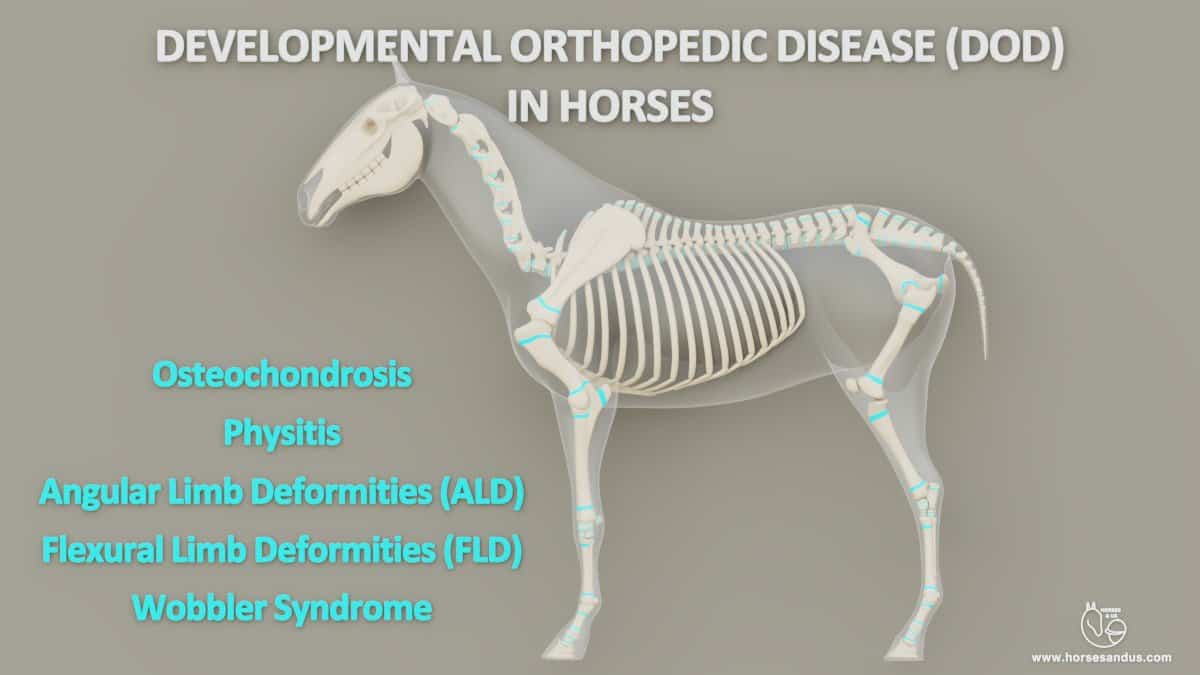
Developmental Orthopedic Disease in Horses [Beginner Guide]
Developmental orthopedic diseases of horses constitute an important group of conditions that includes osteochondrosis, physeal dysplasia, acquired angular limb deformities, flexural deformities, and cuboidal bone malformations. Test your knowledge Take a Quiz!

PPT Developmental Orthopedic Disorders and Arthritis PowerPoint Presentation ID2071988
Developmental Orthopedic Disease (DOD) in horses is a wide range of bone and joint abnormalities associated with the skeletal growth process. These growth disorders generally include osteochondrosis, physitis, angular limb deformities, flexural limb deformities, and Wobbler Syndrome.

Table 1 from Developmental orthopedic disease. Semantic Scholar
Developmental orthopedic disease (DOD) can manifest in several different ways in foals and young horses. These problems can sometimes be related, and if a horse suffers from one version, they may be at risk for the others. Flexural deformities (contracted tendons) and angular limb deformities are typically seen in young foals..

PPT Developmental Orthopedic Disorders and Arthritis PowerPoint Presentation ID2071988
Developmental Orthopedic Disease in the Elbow of Horses By . Marcus J. Head, BVetMed. Reviewed/Revised Sep 2015 | Modified Oct 2022 Cyst-like lesions occur in the proximal radius (usually medial) and less commonly the distal humerus. They are most commonly seen in young animals, similar to cysts in other locations, and the usual treatment.

Developmental Orthopedic Disease Flashcards Quizlet
Developmental Orthopedic Disease (DOD) is a term used for a cluster of abnormal skeletal growth conditions that affect young, growing horses. DOD is one of the main causes for future joint disease and can potentially jeopardize the worth and future career of the horse. DOD incorporates the following spectrum of conditions:Osteochondrosis (OC): Osteochondrosis is an umbrella term that applies.

PPT Developmental Orthopedic Disorders and Arthritis PowerPoint Presentation ID2071988
Developmental Orthopedic Disease (DOD) and Mare Nutrition. Marcella M. Reca Zipp, MS March 24, 2005. A seminar for veterinarians on developmental orthopedic disease (DOD) in horses and ways it can.

Learn About Orthopedicians Diseases they Treat and When to see one? Healthsoul
Developmental Orthopedic Disease in Horses July 15, 2013 By Kentucky Equine Research Staff The term developmental orthopedic disease (DOD) encompasses all general growth disturbances and orthopedic problems seen in the growing foal as well as some found in older horses.
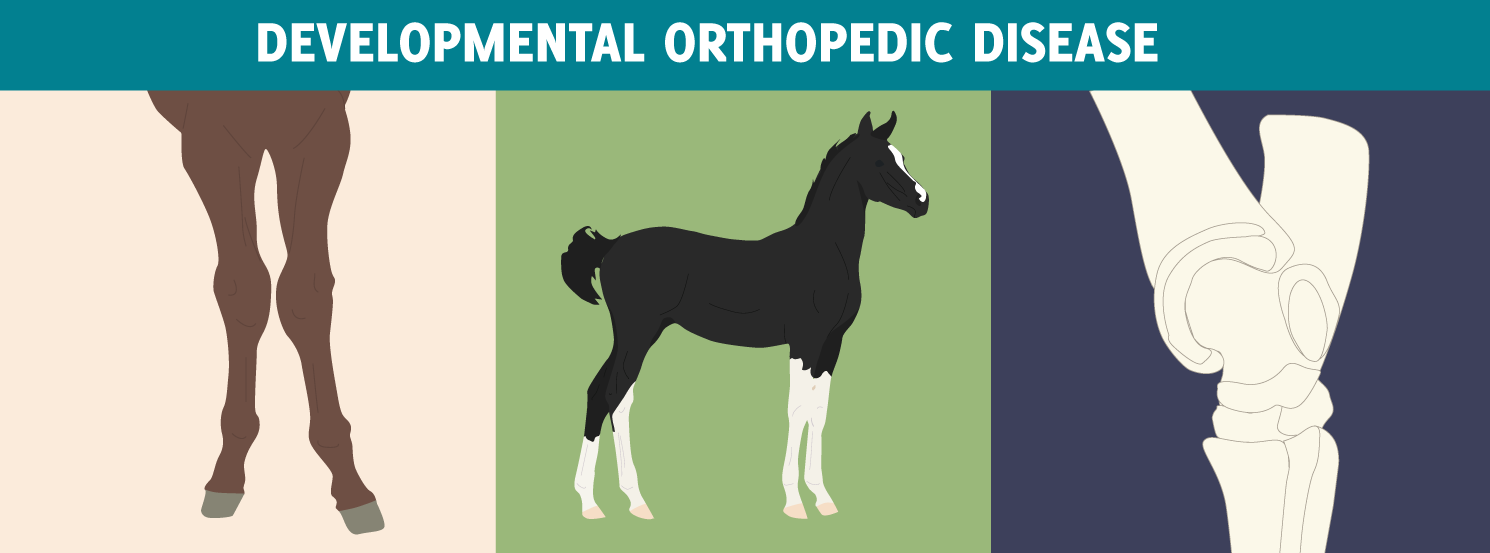
Developmental Orthopedic Disease HorseDVM Diseases AZ
Developmental orthopedic disease (DOD) can be loosely defined as any musculoskeletal disorder that occurs in the young animal as a result of growth and maturation. Invariably, it is related to the process of endochondral ossification and the maturation of cartilage to bone in the developing skeletal system. In the horse, there are four clinical.

PPT GENERAL SURVEY OF ORTHOPAEDIC DISORDERS PowerPoint Presentation, free download ID3038390
Developmental Orthopedic Disease (DOD) is the term used to describe most general growth disturbances of growing horses. The underlying problem in these growth disturbances is the failure of cartilage to mature and develop into bone properly. Growth disturbances that fall under the heading DOD generally include the following:

Figure 2 from Canine Lameness Caused by Developmental Orthopedic Diseases Fragmented Medial
Developmental Orthopedic Disease (DOD) is an umbrella term that encompasses a wide range of conditions in the juvenile horse. All these conditions involve cartilage, bone, or soft tissue (joint capsule, tendon, or ligament) in some way. Some issues are apparent at birth, while others only occur in older growing horses.
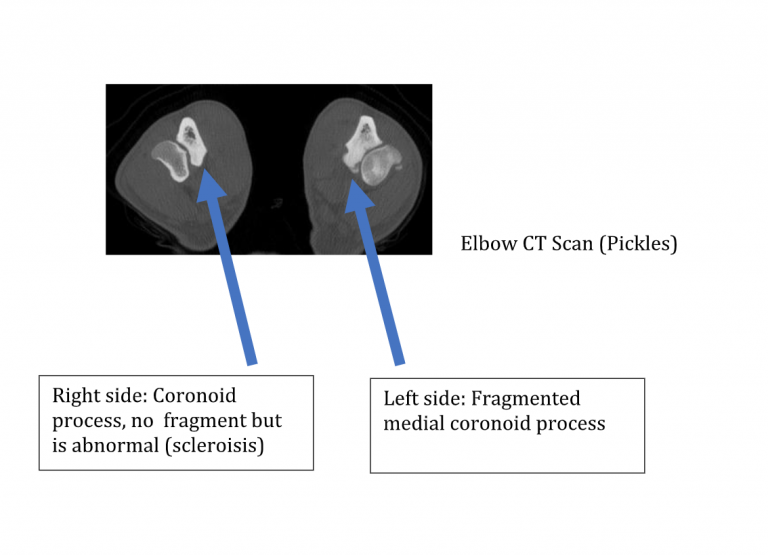
Developmental Orthopedic Disease What is Elbow Dysplasia? Canine Arthritis Resources and
Developmental orthopedic disease (DOD) refers to a group of conditions caused by congenital and environmental factors that affect the appendicular skeleton of young dogs and result in lameness. 1,2 They can be identified by considering the patient's signalment and history and conducting a complete physical and orthopedic examination and a differ.
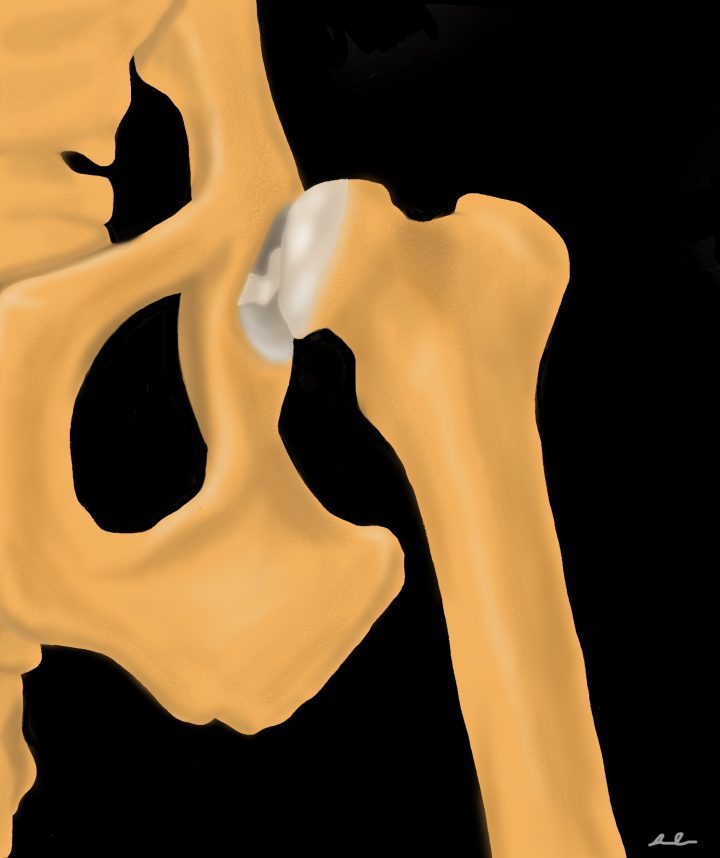
Developmental Orthopedic DiseaseWhat is Hip Dysplasia? Canine Arthritis Resources and Education
Developmental orthopedic disease (DOD) is a term used for a cluster of conditions in the growing foal. These conditions are caused by disturbances in the development and maturation of the musculoskeletal system, in particular of the articular and metaphyseal cartilage.
Developmental Orthopedic Diseases Associated with Nutritional Excesses IVIS
Surgical removal of OCD fragments preferably via arthroscopic surgery is recommended for those with joint swelling or lameness. Horses with OCD or bone cysts, of the shoulder are usually younger than 12 to 18 months and have an intermittent foreleg lameness of insidious onset. In a series of 43 cases, in 37 only 1 shoulder, and in 6, both.

PPT Developmental Orthopedic Disorders and Arthritis PowerPoint Presentation ID2071988
Developmental orthopedic diseases of horses are an important group of conditions that occur in growing horses. Examples include osteochondrosis, physeal dysplasia, acquired angular limb deformities, flexor tendon deformities, and cuboidal bone malformations. Osteochondrosis (Osteochondritis Dissecans)
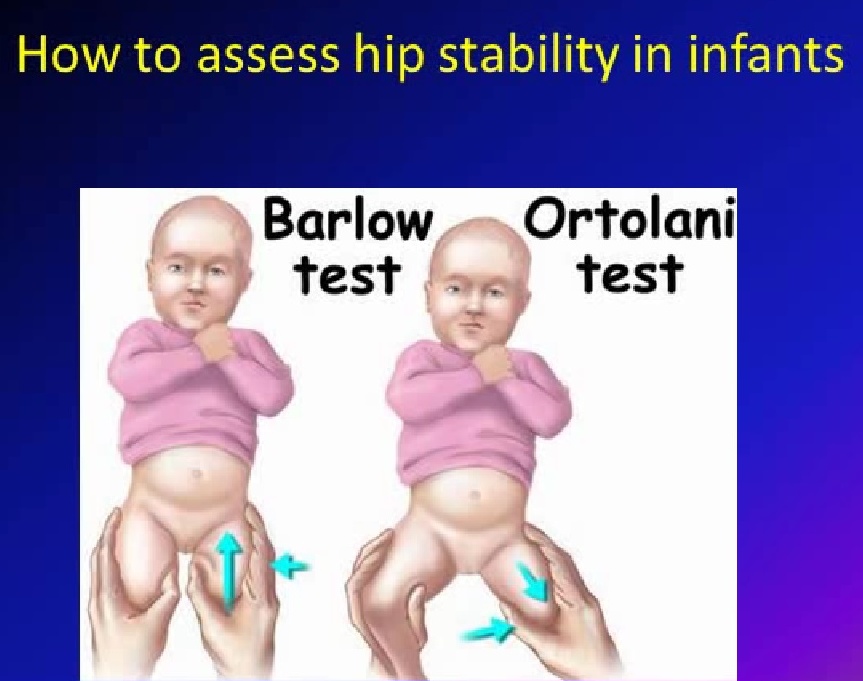
Developmental Dysplasia of the Hip —
Developmental orthopedic diseases (DODs) refer to a range of non-infectious conditions that affect the musculoskeletal system of growing horses. These conditions arise from an interruption in the normal development of cartilage, bone, or soft tissue (joint capsule, tendon, or ligament). Genetics, growth rate, nutrition, and exercise conditions can influence the onset of DODs in growing foals.